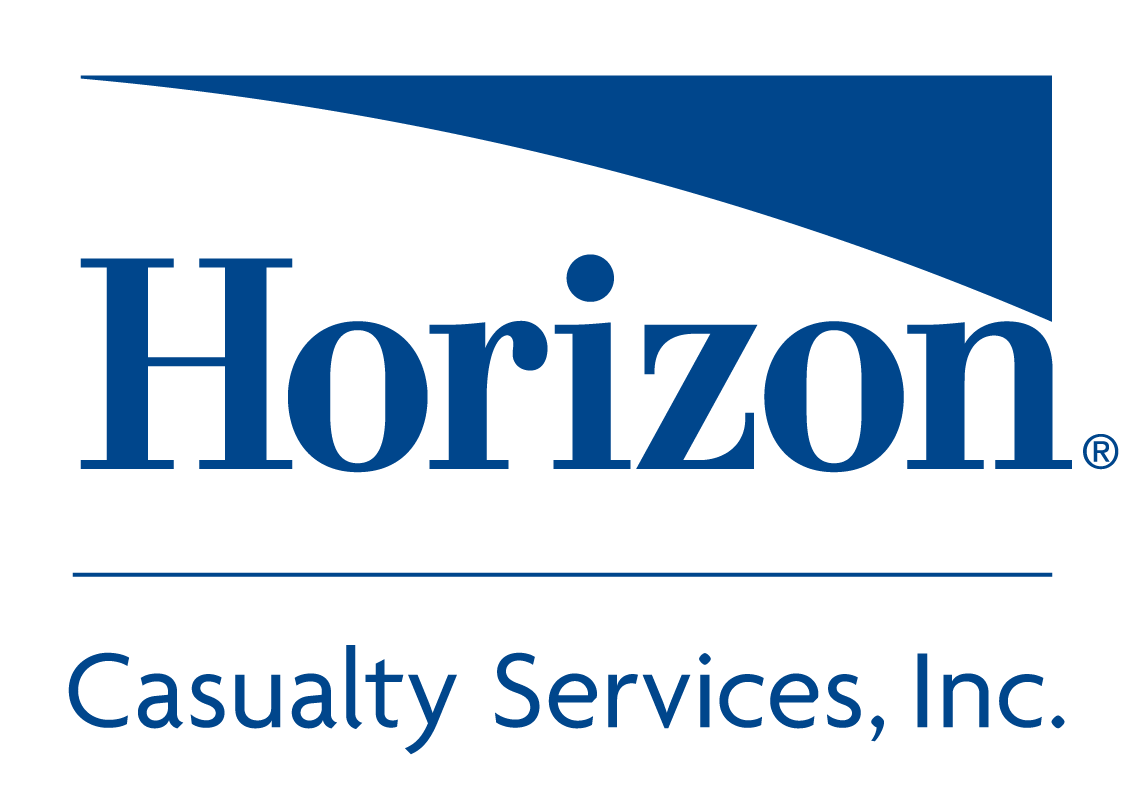Share This Article:

Did Pregnant Worker’s Layoff after 13 Months Give Birth to Viable FMLA Claim?
26 Oct, 2025 Chris Parker

What Do You Think?
The FMLA protects pregnant workers by guaranteeing them 12 weeks of job protection to take care of newborns. But those protections don’t apply to every employee for every company. A case involving a data processor for a lab shows that an employer can respond to an FMLA lawsuit by fire examining whether the worker was even eligible for FMLA protections.
The data processor started working for the company on Jan. 7, 2023. She worked the night shift, often for long hours. She didn't specify the number of hours she was working but indicated she worked four days a week sometimes for 10- to 16-hour shifts. She didn’t say how many employees worked for the lab.
The data processor became pregnant. Her employer approved her for maternity leave starting on Nov. 16, 2024. The company laid her off on Feb. 12, 2024 while she was still on leave.
She sued the lab, claiming her maternity leave, and thus her job, was protected by FMLA while she was gone. The lab asked the court to dismiss the case.
FMLA guarantees 12 work weeks of leave per 12-month period for eligible employees to take care of a newborn.
Should court have allowed data processor to continue with her FMLA lawsuit?
A. Yes. She was entitled to leave starting January 2024, because by that point, she had worked for the lab for over 12 months.
B. No. She wasn’t specific about the hours she worked or how many employees the lab had.
If you selected B, you agreed with the court in Brown v. Centers Lab NJ, LLC, No. 698 C.D. 2024 (D.N.J. 10/07/25, unpublished), which found that the claimant failed to show she was even eligible for FMLA protections.
The court explained that to be eligible, the claimant had to show:
- She was employed for at least 12 months by the employer;
- She worked for the employer for at least 1,250 hours in the preceding 12 months; and
- The employer had at least 50 employees working within 75 miles of the worksite.
But here, the claimant had only worked for the employer for 11 months when she started her leave. It was true that her layoff occurred 13 months after she was hired. However, “FMLA eligibility depends on the time the employee begins his or her leave, rather than at the time of termination,” the court said.
Her maternity leave might be FMLA-protected beginning Jan. 7, 2024, the court said, since that was 12 months after she started her employment. However, she failed to show that she met the basic requirements to be eligible for FMLA. She didn’t say in her complaint that she had worked at least 1,250 hours for the company or that the company had at least 50 employees.
Because she failed to assert a viable FMLA claim, the court agreed to throw out the case, for now. However, it said she could file a revised complaint showing she met FMLA eligibility requirements.
All News Jersey content on WorkersCompensation.com is brought to you by Horizon Casualty Services, Inc.
AI california case file caselaw case management case management focus claims compensability compliance compliance corner courts covid do you know the rule employers exclusive remedy florida glossary check Healthcare hr homeroom insurance insurers iowa leadership medical NCCI new jersey new york ohio pennsylvania roadmap Safety safety at work state info tech technology violence WDYT west virginia what do you think women's history women's history month workers' comp 101 workers' recovery Workplace Safety Workplace Violence
Read Also
About The Author
About The Author
- Chris Parker
More by This Author
Read More
- Feb 26, 2026
- Frank Ferreri
- Feb 25, 2026
- Liz Carey
- Feb 25, 2026
- Anne Llewellyn
- Feb 24, 2026
- Chris Parker
- Feb 24, 2026
- Frank Ferreri
- Feb 22, 2026
- Frank Ferreri




